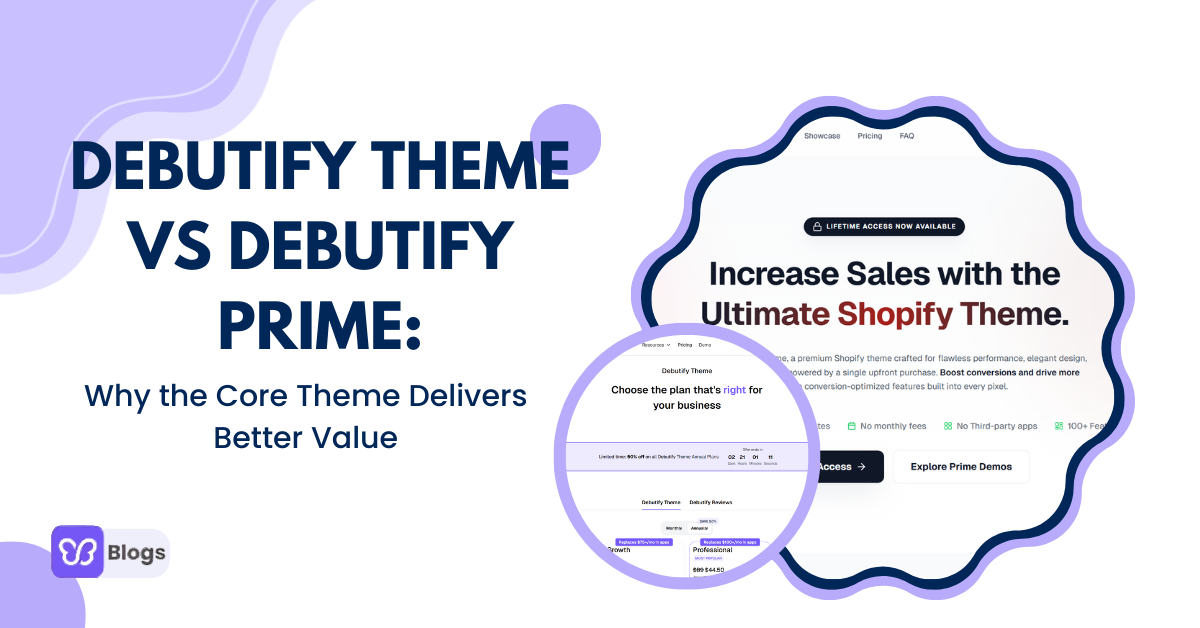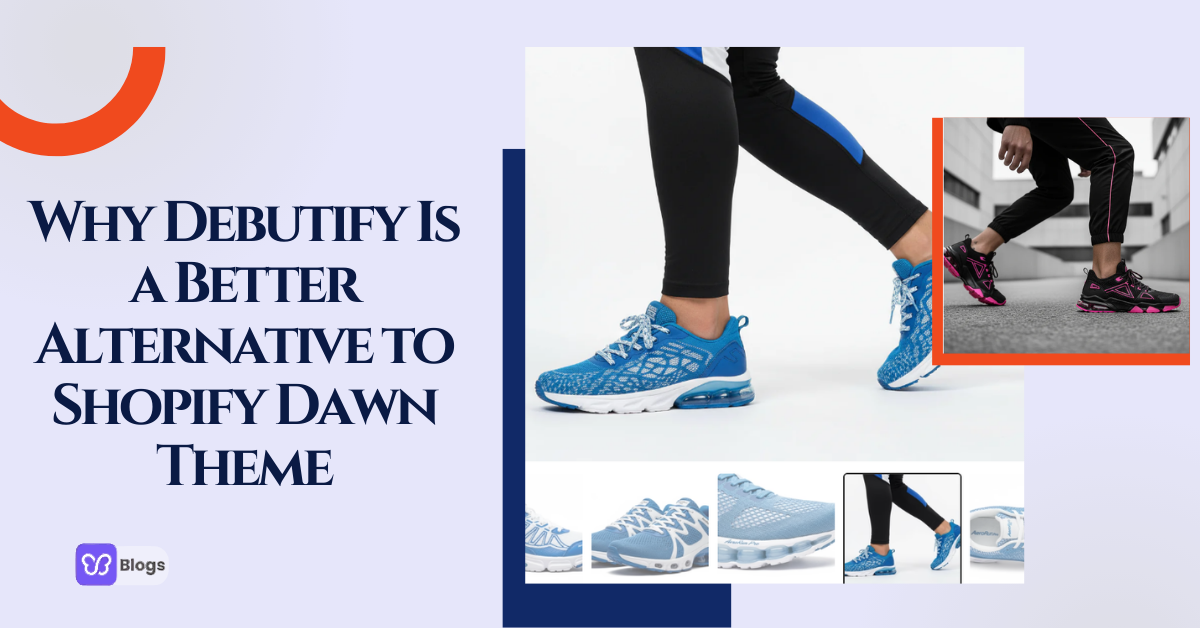The global eCommerce market is set to reach $7.4 trillion by 2025. Within this massive market, private label products are one of the fastest-growing categories.
Why is that? It’s simple. Private labeling lets you create your own brand, your own look, and your own story. And the best part? You don’t have to make the products yourself.
In this guide, we’ll share 15 profitable private label products to sell in 2025. Plus, we’ll share insights on how to identify the best products and build a strong private label brand.








